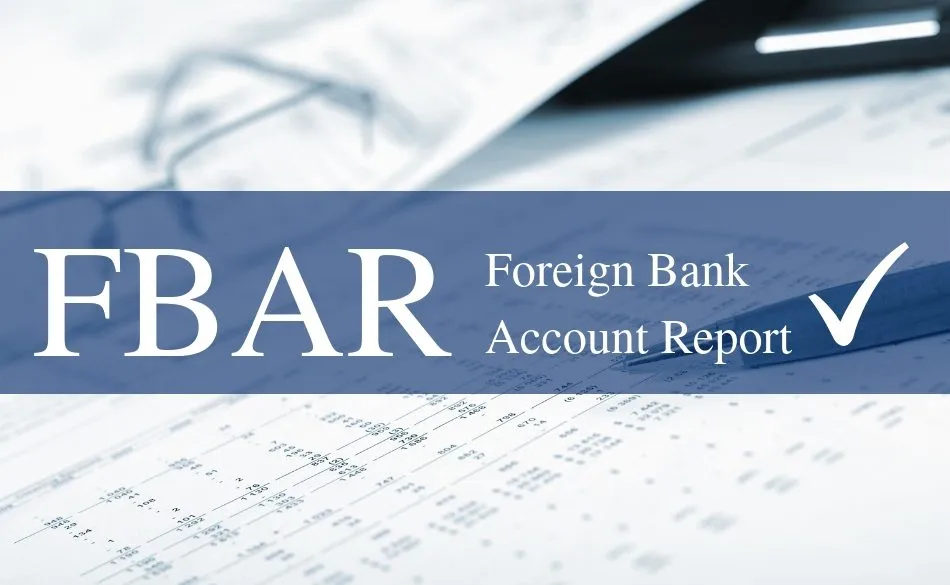 WhatsApp
WhatsApp
 Call Us
Call Us
 Email Us
Email Us
 Whatsapp Community
Whatsapp Community

If you’ve recently moved to the United States as an NRI and hold mutual fund investments in India, you may have come across the term “PFIC” (Passive Foreign Investment Company). Understanding PFIC taxation is crucial, as it can have significant implications for your U.S. tax filings and overall financial planning. This blog will simplify PFIC rules, explain their impact, and highlight effective strategies to manage your Indian mutual fund investments.
PFIC rules in the U.S. tax code apply to foreign investments, such as Indian mutual funds, and can result in complex and punitive tax treatments. For NRIs holding such investments, staying informed about PFIC taxation is essential to avoid unexpected liabilities.
Key facts about PFIC taxation for NRIs:
1. Short-Term Stay in the U.S.: Retain Investments
If your U.S. residency is temporary, you may retain your mutual fund investments in India, provided you:
2. Long-Term Stay in the U.S.: Sell and Simplify
If you plan to remain in the U.S. long-term or apply for a Green Card, selling your mutual funds may be prudent:
Gifting mutual fund units to a family member in India, such as your mother, can be an alternative strategy to address PFIC concerns. Here’s how to proceed effectively:
Document the Gift:
Tax Compliance in India:
Legal and Financial Considerations:
Here’s a quick checklist for NRIs dealing with PFIC taxation:
Navigating PFIC taxation may seem daunting, but proactive planning and informed decisions can help NRIs manage compliance efficiently. Whether you choose to hold, sell, or gift your mutual funds, understanding the rules and seeking expert advice will safeguard your financial interests.
At Dinesh Aarjav & Associates, we specialize in NRI tax planning, PFIC compliance, and investment advisory. Contact us today for personalized solutions to your unique financial needs.







Stay in the loop, subscribe to our newsletter and unlock a world of exclusive updates, insights, and offers delivered straight to your inbox.